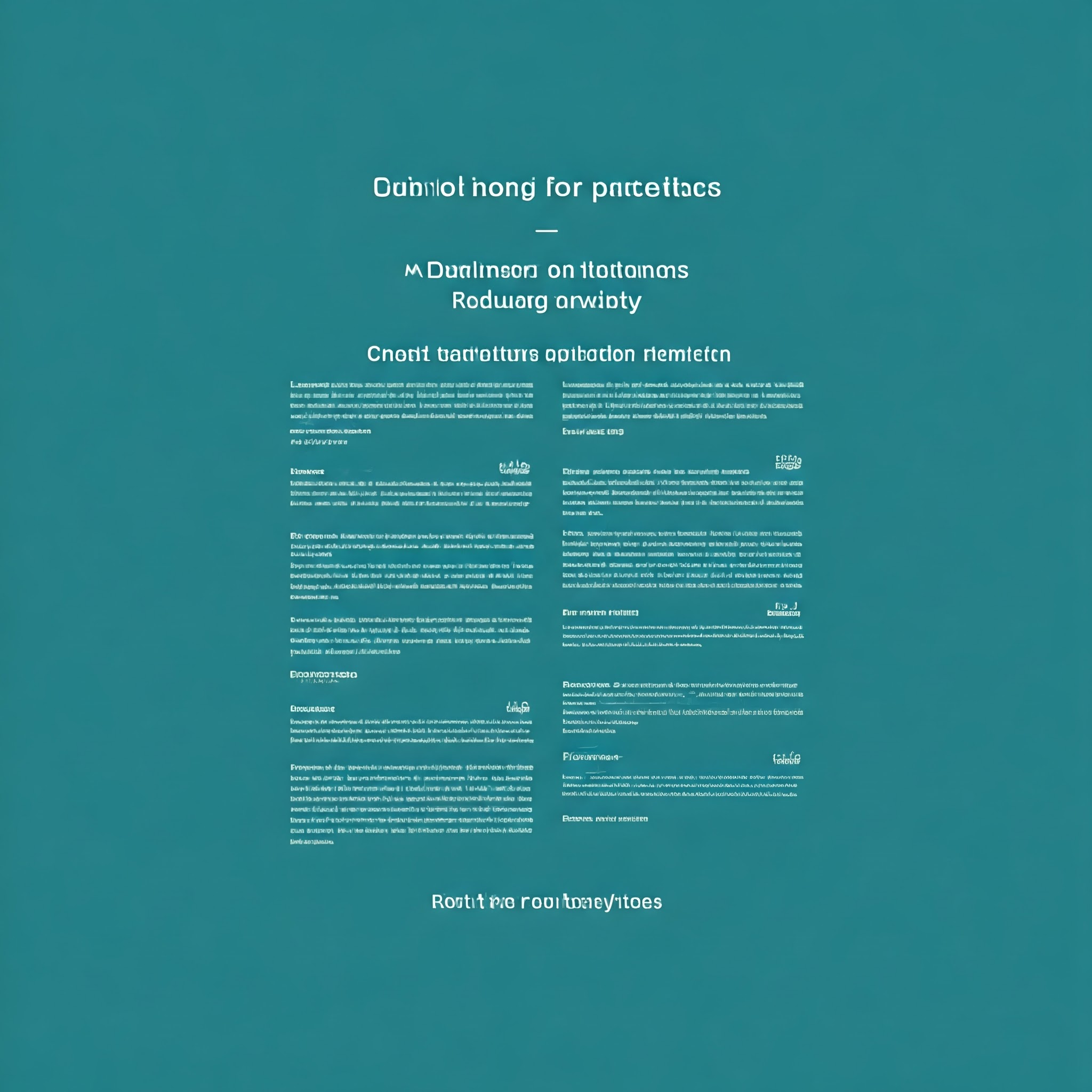
Mindfulness Practices for Reducing Anxiety
Your guide to staying calm, centered, and stress-free in a chaotic world.
What is Mindfulness and Why Does It Matter?
Ever feel like your brain is running a marathon without a finish line? Mindfulness is like pressing the pause button on life’s chaos. It’s the practice of staying present, fully engaged in the moment without judgment. Why does it matter? Because it helps reduce anxiety, boosts mental health, and makes life a little more enjoyable!
The Connection Between Mindfulness and Fitness Routines
Did you know that exercise is a mindfulness practice in disguise? Fitness routines like yoga or a simple jog can anchor your mind. Plus, movement releases endorphins, the body’s natural stress-relievers. It’s like giving your brain a spa day!
Beginner's Guide to Yoga: A Mindful Start
Yoga is the perfect starting point for mindfulness. It combines breath control, movement, and meditation. Not flexible? No problem! Yoga is for everyone, and it’s a great way to tune into your body and mind.
Healthy Eating Plans for a Calm Mind
What you eat affects how you feel. A diet rich in whole foods, fruits, and vegetables can keep anxiety at bay. Think of your body as a car—fuel it with premium ingredients, and it’ll run smoothly.
Top Diet Trends for Weight Loss and Mental Clarity
From Mediterranean diets to plant-based eating, the latest trends focus on balance and sustainability. These plans not only help you shed pounds but also promote mental clarity.
Simple Meditation Practices to Reduce Anxiety
Meditation doesn’t have to be complicated. Just five minutes of deep breathing can work wonders. Close your eyes, inhale deeply, exhale slowly, and let your worries drift away.
Best Mindfulness Practices for Reducing Stress
Journaling, gratitude exercises, and mindful walking are simple yet powerful tools. These practices make it easier to focus on the positives and let go of the negatives.
The Role of Sleep in Mental Health
Sleep is your brain’s reset button. Poor sleep can amplify anxiety, while quality rest can help you tackle stress head-on. Establish a bedtime routine and stick to it!
The Connection Between Sleep and Productivity
Ever notice how a good night’s sleep makes you sharper and more focused? That’s because sleep fuels your brain, improving decision-making and reducing emotional reactivity.
Wellness Trends 2025: What's New?
From wearable stress monitors to AI-driven meditation apps, wellness trends in 2025 are all about personalization. These tools make mindfulness more accessible than ever.
Affordable Fitness Routines for Busy Professionals
Don’t have time or money for a gym? No problem! Bodyweight exercises, quick yoga flows, and online classes are budget-friendly ways to stay fit and mindful.
Self-Care Strategies for Everyday Life
Self-care isn’t selfish; it’s essential. From taking a bubble bath to setting boundaries, these strategies help you recharge and show up as your best self.
How to Create a Personalized Fitness Plan
Start by assessing your goals, schedule, and preferences. Mix strength training, cardio, and mindfulness exercises like yoga. Remember, consistency is key!
Conclusion: A Mindful Path to a Stress-Free Life
Reducing anxiety isn’t about eliminating stress but learning to manage it. By incorporating mindfulness practices, fitness routines, healthy eating plans, and self-care strategies, you can create a balanced, fulfilling life. Remember, small steps lead to big changes. So, take a deep breath, and start your mindfulness journey today!
FAQs
- What is the best mindfulness practice for beginners? Meditation and yoga are great starting points for mindfulness newbies.
- How can I create a personalized fitness plan? Assess your goals, schedule, and preferences. Include a mix of cardio, strength, and mindfulness exercises.
- What foods help reduce anxiety? Foods rich in omega-3s, magnesium, and antioxidants, like salmon, spinach, and blueberries, are great for calming the mind.
- How much sleep do I need to reduce anxiety? Aim for 7-9 hours of quality sleep each night to support mental health.
- Are there affordable ways to practice mindfulness? Yes! Try free meditation apps, online yoga classes, or simple breathing exercises.